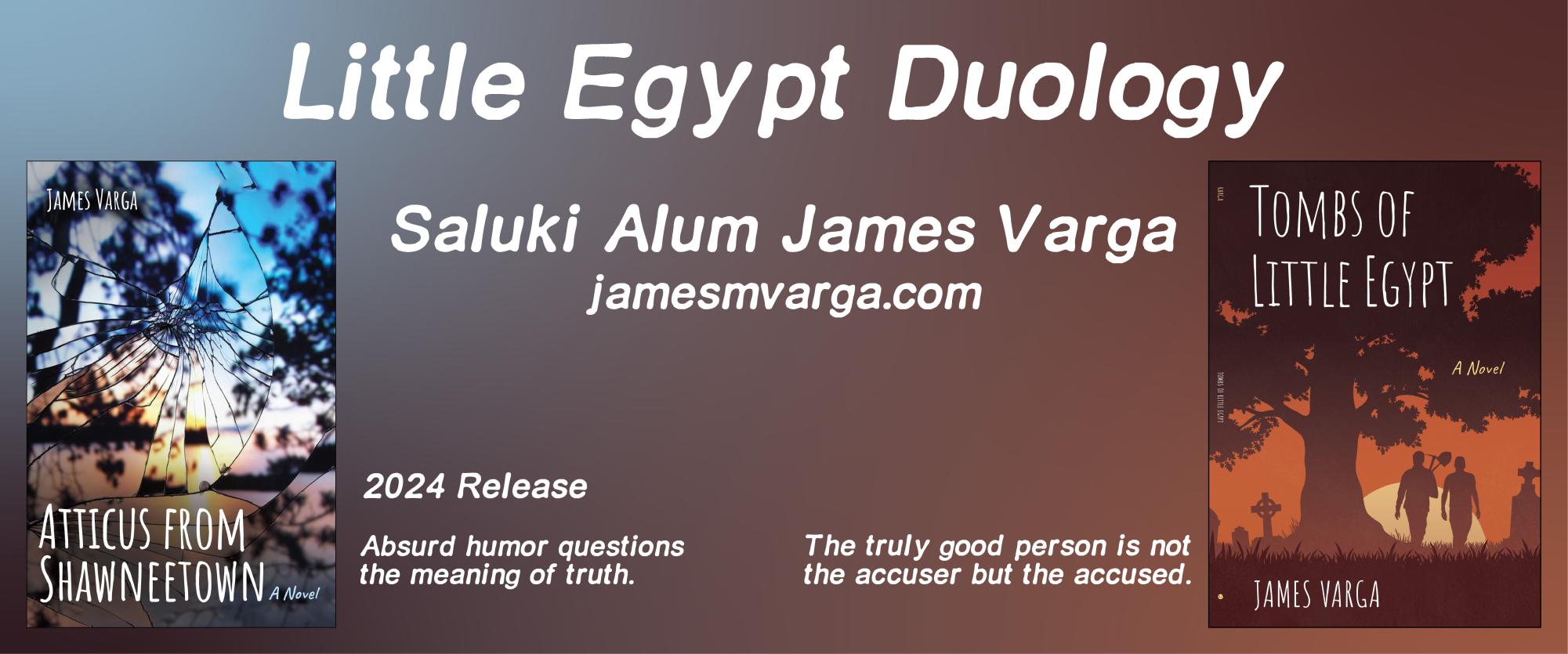‘Little Boy’ is overly emotional, sickening and offensive
May 5, 2015
There are movies where the moment you walk out of them, you feel gallons of disgust pour over you. It is so offensive, so ignorant and terrible, you feel like you should call your grandmother and apologize for what just transpired.
“Little Boy” (Rated PG-13;106 min) directed by Alejandro Monteverde, is so bad, you will have to cleanse your movie-going palate immediately with anything remotely watchable.
{{tncms-asset app=”editorial” id=”79300dde-f359-11e4-8843-571b3f0a32d7″}}
Advertisement
World War II affected everyone in the United States, even a small child living in a town of 60 people. Pepper, played by Jakob Salvati, is a 7-year-old boy who is short for his age. The local doctor thinks he may have dwarfism. Because of this, Pepper’s only friend is his father, James, played by Michael Rapaport.
Michael is soon drafted to war and the boy is left with his alcoholic brother, played by David Henrie, and depressed mother, played by Emily Watson. Looking for guidance, Pepper goes to the local priest to find out how to use his faith to get his Dad back. He gives the child a list of good deeds to do to raise his faith, and with help from an unlikely source, Pepper looks to get his Dad back.
How many ways can I say this movie sucked? It was awful, grotesque and vomit-inducing; just all around terrible. “50 Shades of Grey” has been my rusted standard for bad movies of 2015. While “Little Boy” is not as bad as that movie, it really is close.
The movie wastes any good faith it has trying to be like “God’s Not Dead” or “Do You Believe?” propaganda. Overly emotional, thematically confused and utilizing an ending that forces anyone to question their place in life, the film reeks of failure and disappointment.
Anything fictional is bound to have at least one good idea. Even the worst films of all time have a nugget of brilliance hidden deep down. “Little Boy” is no different.
The film has essentially three good ideas, two being themes. The first is the idea of faith. The movie touches on the importance of faith, not only in religion, but in anything.
Pepper and a Japanese man named Hashimoto, played by Cary-Hiroyuki Tagawa, represent the contrasting ideas. Pepper of course, fights for religion and Hashimoto fights for having faith in yourself.
Advertisement*
This pairing also forms the second good feature of the movie, also the only aspect the film gets right. Hashimoto and Pepper form a relationship after the boy’s dad goes to war. This relationship is looked down upon because racism against Asian Americans formed around World War II. This is all touched on perfectly.
The film also portrays broken family life after a member goes to war. A brother with a drinking problem, a mother suffering from depression, a young child missing his father; there are a plethora of ideas to work with.
But like any bad movie, “Little Boy” quickly shows its true colors.
The faith idea is quickly abandoned for a “Christianity is the only right way” theme. Hashimoto never falters away from his opinion, which is noteworthy. But the film literally bombs Hiroshima because the boy has so much faith in God.
This is not a mistype, the boy believes in God so much, the United States bombs Japan and Pepper’s dad gets to come home. Everyone has a right to be disgusted by this notion.
Nothing comes from the family drama element. The movie starts off with so many good moving pieces, but has nothing to show for it. The brother just conveniently, and with no explanation, stops being an alcoholic.
The mother stops being depressed about her husband, who was recently pronounced “dead,” again after no build up, after she sees her son’s relationship with the elderly Japanese man.
And after a funeral where every actor pulls off the worst false crying in the history of acting, the dad comes home, all fine and well. His death being nothing but a mistake. Everyone lives happily ever after in the worst way possible.
Stars: 1.5 out 5.
Advertisement









Cheryl • Mar 11, 2024 at 10:55 pm
FANTASTIC movie!! Unfortunately most of what Hollywood produces isn’t worth watching in my opinion!! This however was inspiring and meaningful!! Right up there with Sound of Freedom! Didn’t know much about the director, Alejandro, but I am a big fan now!!
God Bless!
Lisa • Sep 9, 2023 at 12:18 pm
WOW!!! Clearly the movie was NOT for YOU!!!!!! YOU failed to to see the true point!!!!!
It is the best movie I have seen in a decade or more. I politely suggest you look within yourself for love and compassion in this life. For yourself and others.
May I suggest you step away from the “don’t you dare offend me” mess going on today and think about more important things…. Like life after death/eternity.
God Bless You.